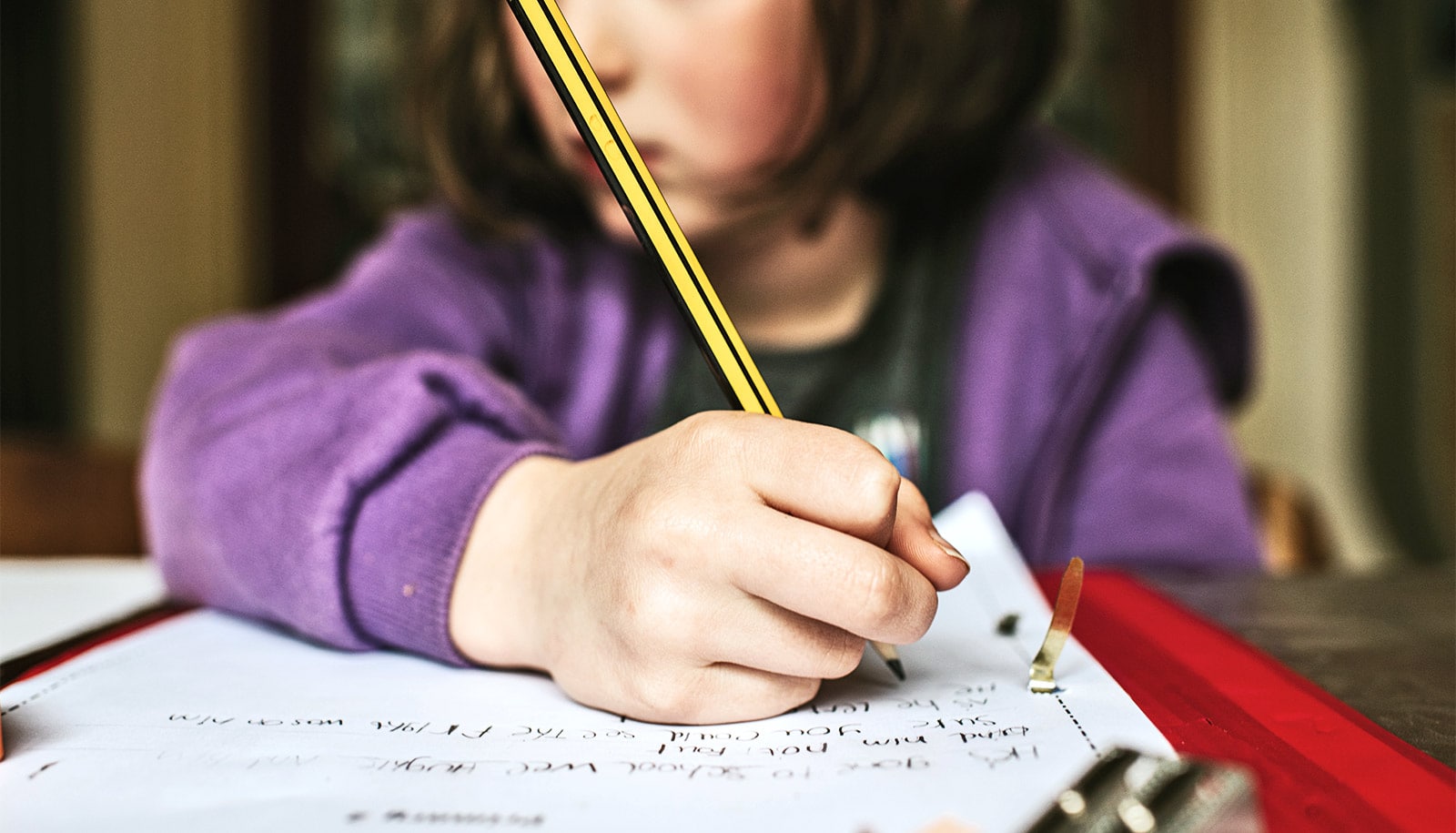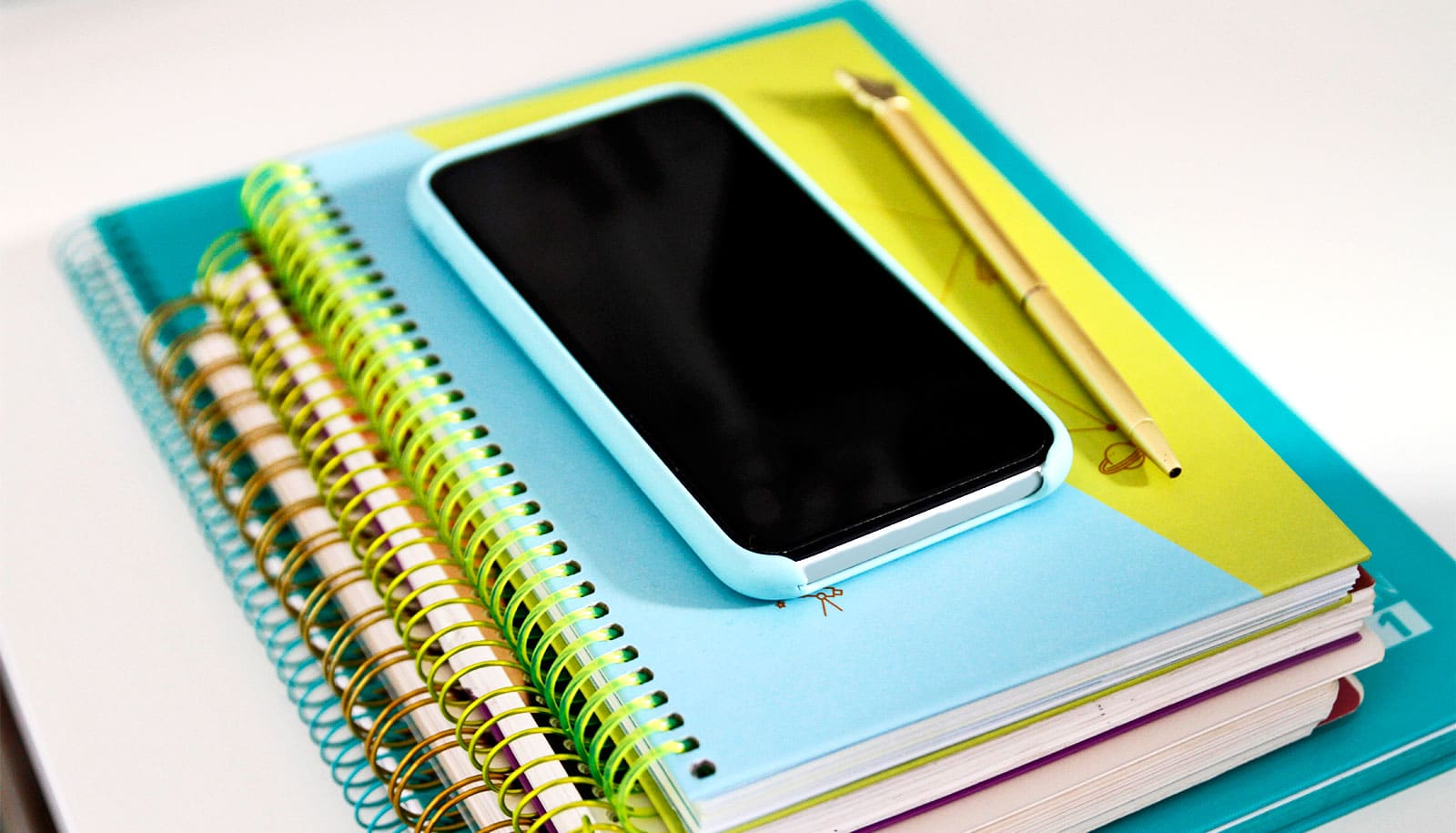People learn better and recall more when they think they will soon need to teach the material to someone else.
“When compared to learners expecting a test, learners expecting to teach recalled more material correctly, they organized their recall more effectively, and they had better memory for especially important information,” says John Nestojko, a researcher in psychology at Washington University in St. Louis.
[related]
The study, published in the journal Memory & Cognition, is based on a series of reading-and-recall experiments in which one group of students is told they will be tested on a selection of written material, and another group is led to believe they are preparing to teach the passage to another student. In reality, all participants were tested, and no one actually engaged in teaching.
Findings suggest that simply telling learners that they would later teach another student changes their mindset enough so that they engage in more effective approaches to learning than did their peers who simply expected a test.
Altered expectation
“The immediate implication is that the mindset of the student before and during learning can have a significant impact on learning, and that positively altering a student’s mindset can be effectively achieved through rather simple instructions,” says Nestojko, who is lead author of the study.
Study participants who expected to teach produced more complete and better-organized free recall of the passage and, in general, correctly answered more questions about the passage than did participants expecting a test, particularly questions covering main points.
“When teachers prepare to teach, they tend to seek out key points and organize information into a coherent structure,” Nestojko says. “Our results suggest that students also turn to these types of effective learning strategies when they expect to teach.”
The study suggests that instilling an expectation to teach may be a simple, inexpensive intervention with the potential to increase learning efficiency at home and in the classroom.
“What I find most intriguing about this research is that learning was significantly impacted even though we did nothing more than alter participants’ expectations prior to learning,” Nestojko says.
Test prep vs teaching prep
An important takeaway for teachers is that it appears students often need to be guided in how to discover strategies that are optimal for learning.
“Despite many years of active involvement in both formal and informal learning activities, students do not necessarily employ activities that best foster learning—even though, as our results indicate, those strategies are in their “toolbox” of effective learning strategies,” says co-author Elizabeth Bjork, professor of cognitive psychology at the University of California, Los Angeles.
“Worse yet, telling students to prepare for a test does not lead them to select from this toolbox those strategies that would lead to their best performance,” she says.
A Collaborative Activity grant from the James S. McDonnell Foundation supported the research.


